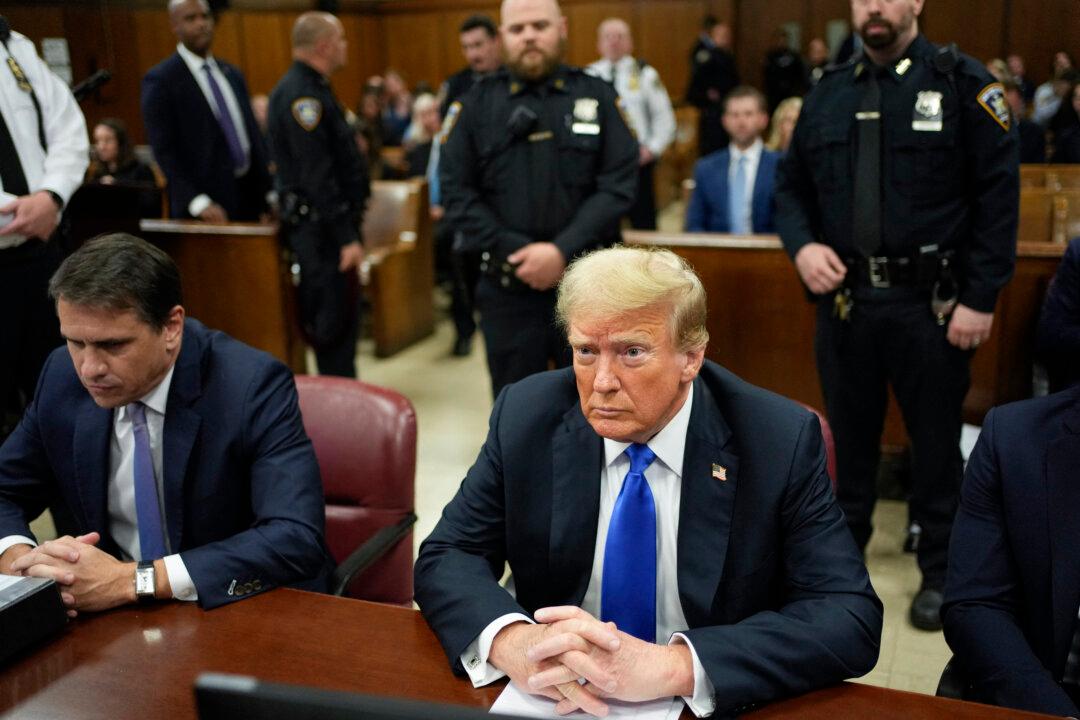A few hours into deliberations, the jurors in former President Donald Trump’s criminal trial in New York asked to hear key parts of testimony read back and for legal instructions to be repeated.
The court began on Thursday morning with another request to hear instructions regarding how to consider evidence, and New York Supreme Court Justice Juan Merchan repeated instructions for about half an hour. New York jurors are not given written copies of instructions but can ask for the judge to repeat all or parts of them as many times as they require.






